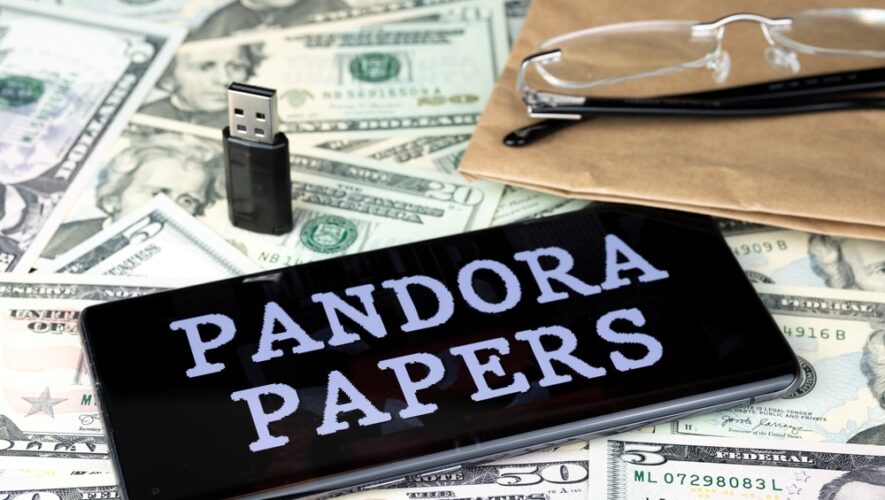By Julius Melnitzer | November 17, 2021
If you’re one of the Canadians named in the Pandora papers, the latest massive leak of information related to tax havens, how much sleep do you really need to lose?
That depends.
“Is there smoke or is there fire?” asks David Rotfleisch, the founding partner at Toronto tax boutique Rotfleisch & Samulovitch Professional Corporation. “The fact that you’re named doesn’t necessarily mean you’ve done anything wrong.”
That’s because it’s not illegal to have an offshore account, but it is illegal to avoid paying taxes on it.
Either way, however, the Canada Revenue Agency (CRA) will likely be knocking on your door sooner or later.
“Anyone whose name is on the list should speak to their professional advisers to get a full understanding of why they appeared on the list,” says Laurie Goldbach, a tax partner in Borden Ladner Gervais LLP’s Calgary office.
After all, even taxpayers who believe they’ve done nothing wrong may find that CRA has their own perspective. So they should prepare for that eventuality.
“People named in the Pandora papers should immediately start putting together a cogent case for why there’s no fire,” Rotfleisch says. “Even though nothing may happen for a year of two, taxpayers should start papering everything immediately, because once CRA does knock on the door, there’s a fairly tight time frame to respond.”
Especially because CRA is not always inclined to give notice that they’re about to swoop in.
“I know of cases that stemmed from the Panama papers in which my client had no idea CRA was coming until the Agency started executing search warrants,” Goldbach says.
And once CRA starts poking around, they might develop an interest in matters other than the Pandora revelations. What that means is that assessing your vulnerabilities by reviewing your tax filings likely makes sense.
But so far as Pandora-related matters go, Rotfleisch believes the benefits of voluntary disclosure will almost certainly not be available.
“It’s a low percentage play,” he says.
But even where formal voluntary disclosure is not a viable strategy, it’s still possible to take the high ground – – – a strategy Rotfleisch says he has employed to good advantage in the past.
“Some sort of cooperation and disclosure may help taxpayers avoid criminal prosecution and penalties for gross negligence, which are much more likely outcomes if CRA had to do the work themselves,” Rotfleisch says. “But ultimately, the extent of disclosure is a judgement call for your tax lawyer.”
Fighting tooth and nail, by contrast, is in most cases a losing strategy.
“Most of the time, obstruction and delay only results in massively increased legal fees,” Rotfleisch says.
RELATED ARTICLES
Canada’s enforcement void: of tax cheats and money launderers
Decision highlights CRA’s overzealous tax litigation policy
SCC decision will make tax evasion across provincial borders harder
UN, OECD says lawyers are “professional enablers” of crime
Julius Melnitzer is a Toronto-based legal affairs writer, ghostwriter, writing coach and media trainer. Readers can reach him at [email protected] or https://legalwriter.net/contact.
